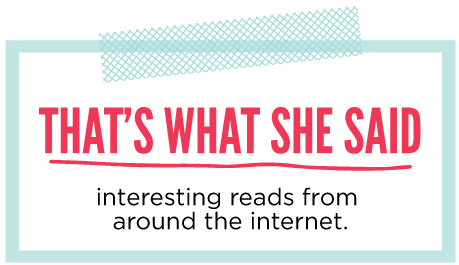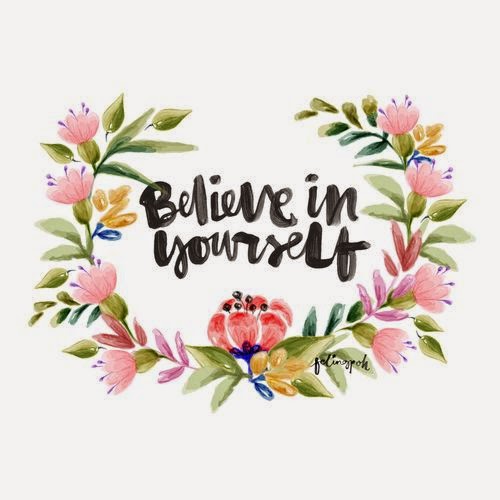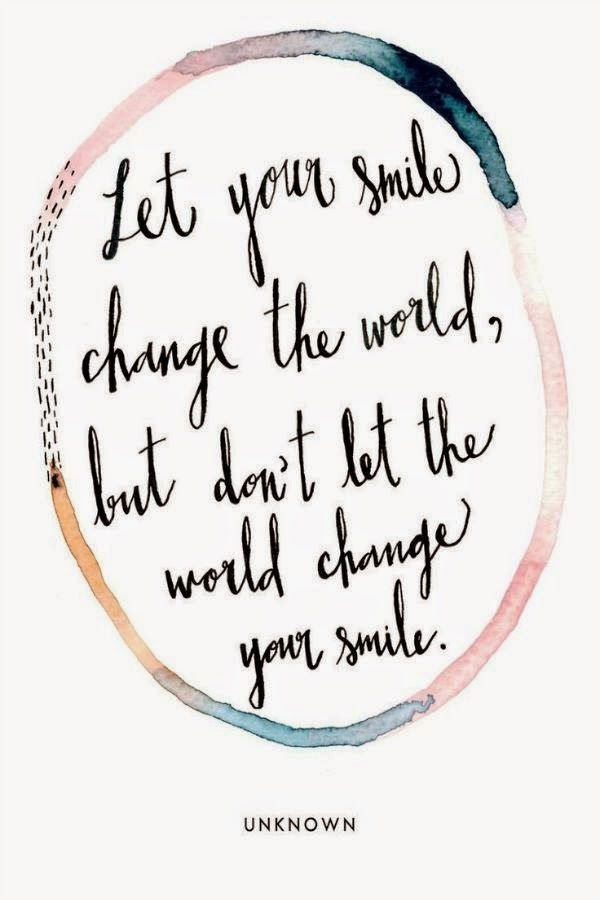This post by Erin Loechner about social media and its tendency to breed envy and discontent is one of the best things I’ve read in a long time:
“We know we’re not supposed to grocery shop when hungry. We know the result – a cart full of empty choices that make us salivate but will not nourish. And yet, we do this every day, right here. We blink at the screen, our thumbs scrolling down, down, down. Another sunset. Another macaroon. Another fiddle leaf fig tree.
We are starving, our hunger insatiable. And we mindlessly, accidentally, subconsciously fill our grocery carts – these beautiful minds – with empty choices that make us salivate but will not nourish.”
I loved this post called This Is Love from Whoorl, about our recent trip to Peru:
“If I stripped away the minor details such travel logistics and tummy bugs and acclimating to a developing country, that is exactly what Peru demonstrated to me. Love, everywhere. Between mothers and children, between coworkers and friends, between many of the Krochet Kids intl. employees and interns who moved to Lima primarily to love and serve others.”
This is a fascinating video in which black men from age 5 to 50 are asked to respond to the word “police”. The reactions as they age are telling..
I had several people scold me for taking about that black/blue/gold/white dress instead of tackling more important world problems (which I found ironic, since I often talk about global issues but sometimes like to have fun, too.) I resonated with this Atlantic piece called #TheDress And The Rise Of Attention-Policing:
“And what are memes if not games? They are small; they are low-stakes; they are often silly. (Sorry, #llamadrama.) But they are also communal. They invite us to participate, to adapt, to joke, to create something together, under the auspices of the same basic rules. That is not a small thing. That is, in fact, a huge thing—particularly when it comes to the very concerns the attention police like to remind us of. If we have any hope of solving the world’s most systemic and sweeping problems, we will have to come together. Inequality, climate change, injustices both enormous and less so … these will require cooperative action. They will require us to collaborate and compromise and value diversity. The dress makes a pretty good metaphor for all that. Also, it is totally white and gold.”
Do you think our parents’ generation were having more fun than we are as parents? In The Greatest (Party) Generation, Dave Barry makes a good case.
“I’m not saying my parents’ generation didn’t give a crap. I’m saying they gave a crap mainly about big things, like providing food and shelter, and avoiding nuclear war. They’d made it through some rough times, and now, heading into middle age, building careers and raising families, they figured they had it pretty good. Not perfect, but pretty good. So at the end of the workweek, they allowed themselves to cut loose—to celebrate their lives, their friendships, their success. They sent the kids off to bed, and they partied. They drank, laughed, danced, sang, maybe stole a piece of an IBM sign. They had fun, grown-up fun, and they didn’t feel guilty about it.”



